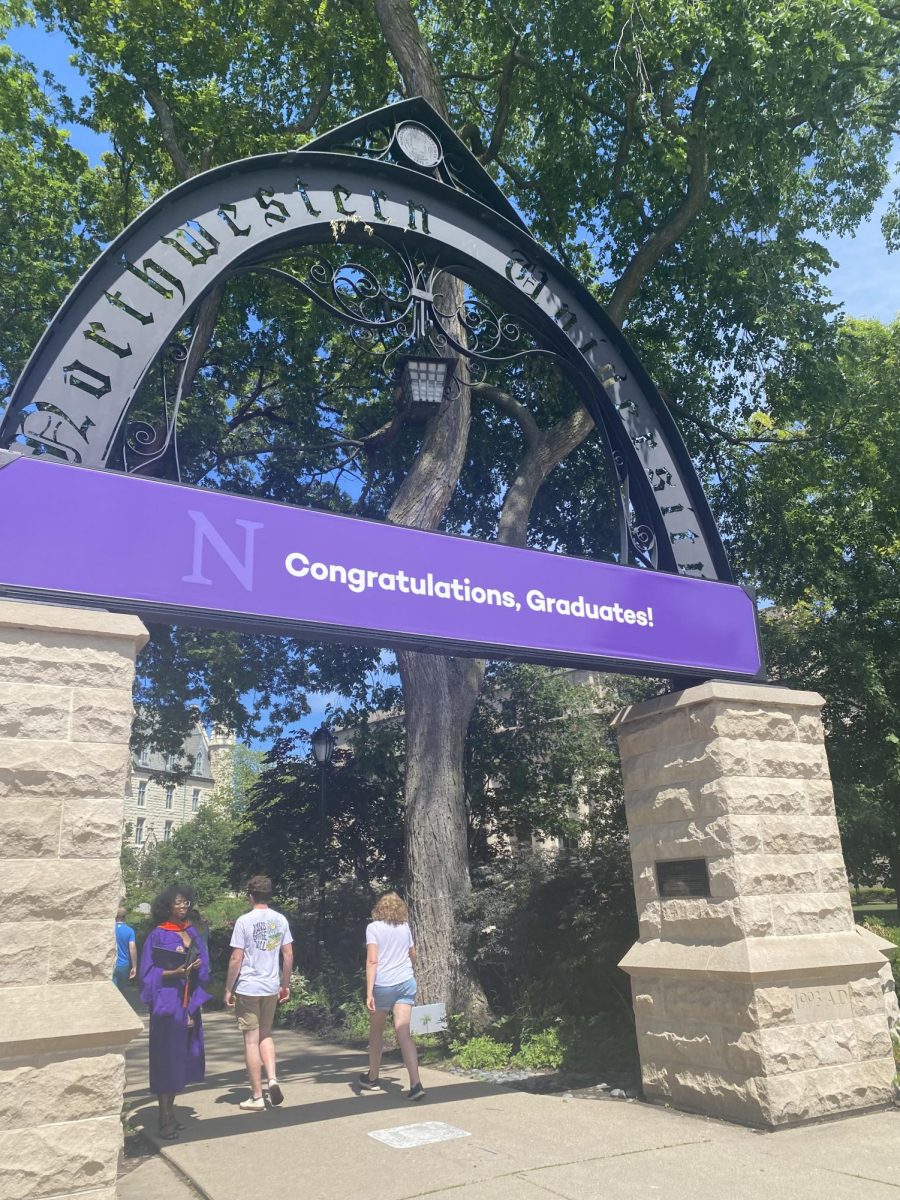Imagine this: young journalists frantically pacing the newspaper room at Northwestern University, adrenaline pumping, quotes streaming through their heads. Students joined this newspaper for the experience, to get a sense of their future career, to make it in the cutthroat industry. They never expected to uncover the dark truths about their school, never expected it to be them who broke the story. “The Daily Northwestern” made a drastic difference in collegiate institutions across the country, finally forcing people to appreciate the undeniable power of student press.
Northwestern University announced the suspension of head football coach Pat Fitzgerald on counts of hazing and sexual abuse on July 7. Three months later, the former coach is suing the school for $130 million and wrongful termination.
The Daily Northwestern, led by summer editor Nicole Markus, caught wind of what was happening. Instead of simply letting it slide and allowing their school to keep their prestigious reputation, they committed to their work. They were journalists. These students worked nonstop, talking to victims (which can be incredibly difficult, especially when recounting sensitive matters) and building up a legally foolproof case. This is what journalism is: holding people accountable, making them experience the consequences that their status often protects them from.
The student journalists weren’t paid to release this story; they were driven to release this story. And because of their passion, because of this worldview uncorrupted by climbing the corporate ladder and gaining economic status often found in college students, the students held their school accountable and flipped the athletic department upside down, potentially saving lives.
Maybe the prestige of “The Daily Northwestern” blurs the line between amateur and professional journalism, sure, but you can’t tell me the publication wasn’t underestimated. They used their connections within the school and decided to make a lasting impact, because sometimes the ugliest truths turn out to be the most beautiful solutions to society’s problems.
This is what student press is all about. America has dealt with an incessant back and forth about student press rights, toeing the legal line between freedom of speech and defamation. Students have a freedom of speech established by the first amendment, yet still have to fight for their rights when advocates for cases like Hazelwood v. Kuhlmeier try to shoot their voices down.
These legal battles over student press can occur for many reasons. Maybe more established adults don’t like a new wave of generational views affecting their politics, their world. Maybe it is that students just need to gain more experience before they write. Or maybe teenagers are shot down simply because of their age. Adults see students by their youth first and chalk their claims up to naivety. Yet maturity and age do not necessarily correlate.
Despite the obvious impact student journalists have, we still get censored. It’s the writers’ jobs to provide access to the most factual and impactful news, especially when the audience of student journalists is mainly teenagers about to enter the working world they are often left out of.
What doesn’t make sense is why America’s youth is constantly overlooked. It sounds cliche, but we aren’t just the future, we are also the now. The last few generations have left the current one a mess–a mess that we didn’t make and didn’t want–and given an ever-smaller platform than less passionate adults with more time and more opportunity.
An equal playing field should be given to all who have something to say. If these college students had such a monumental impact on their school and on the country, consider how much change could be made if all young adults were given this type of consideration regularly. Sometimes the most powerful voices are the ones that are silenced, and all we ask is that you listen.




